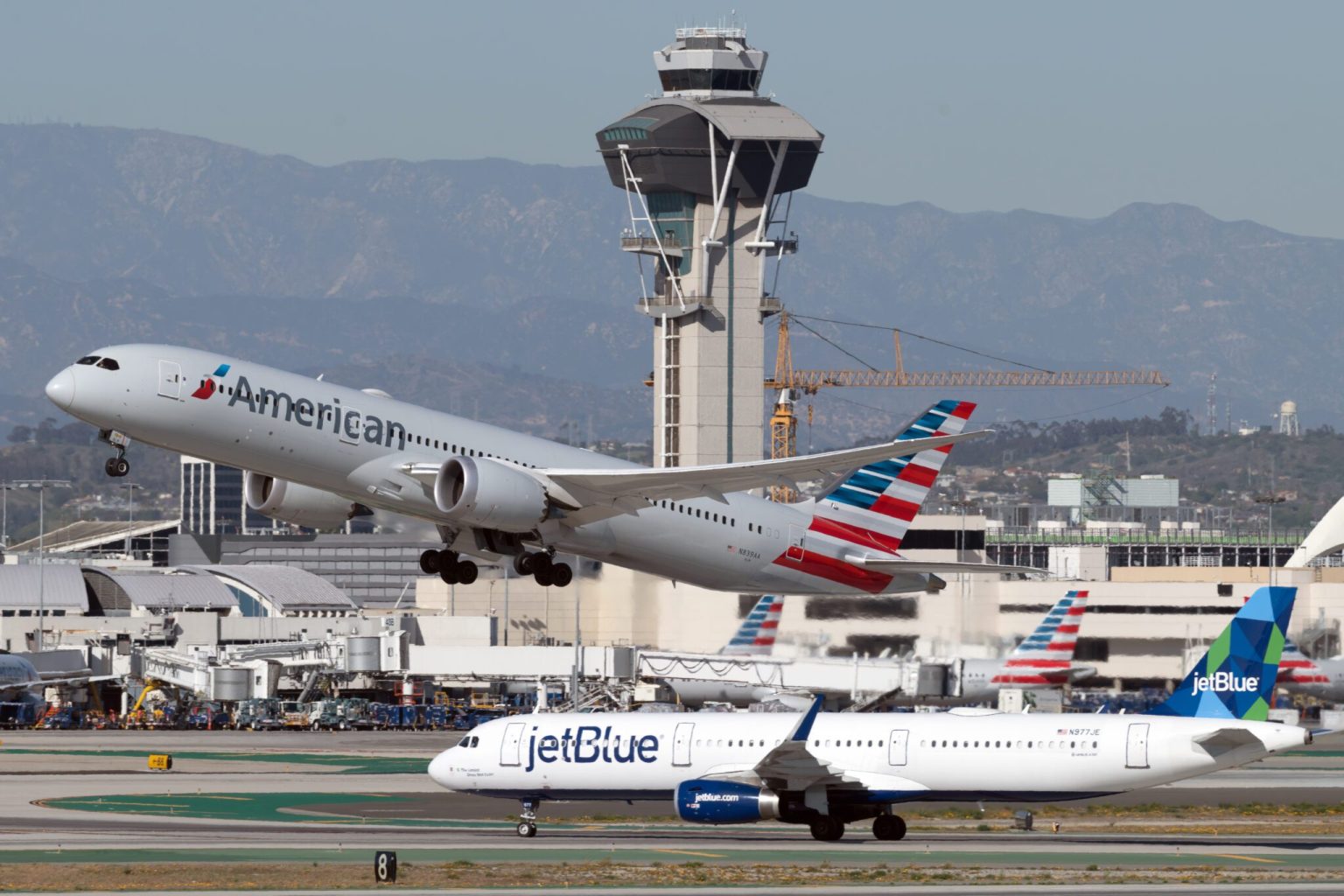The Department of Justice announced that they would launch an inquiry into the state of competition in air travel, the second such inquiry in two months. They are seeking public information on consolidation, anticompetitive conduct, and issues affecting the availability and affordability of air travel options. The agency issued a lengthy questionnaire to gather feedback from businesses and travelers in the industry, giving the public 60 days to submit comments. This move is part of the Justice Department’s efforts to protect competition in air travel and regulate consumer practices in the industry.
The airline and travel industries criticized the timing of the inquiry, coming less than two weeks before the U.S. presidential election. They argued that the inquiry had political motivations and was a result of regulatory overreach by the administration. Airlines for America, a trade group representing major U.S. airlines, stated that the industry is already competitive and that the government’s data would reflect this. The U.S. Travel Association also expressed disappointment in the inquiry and suggested that it was another political stunt. The outcome of the DOJ inquiry, given the proximity to the election, remains uncertain.
In recent decades, the U.S. airline industry has become highly consolidated due to mergers between major carriers. American, Delta, United, and Southwest now dominate around 80% of the market. The Biden Administration has taken a hawkish stance toward industry consolidation, blocking mergers and imposing fines on airlines for violations. The DOT’s approval of the Alaska-Hawaiian merger came with consumer protections and conditions. The administration’s focus on regulating consumer practices in the airline industry has been a top priority, with a particular emphasis on protecting competition and consumers.
The performance of airline sector stocks within the ST200 index, which includes companies publicly traded across global markets, reflects the financial health of the industry. The index encompasses network carriers, low-cost carriers, and related companies, giving investors and analysts a comprehensive view of the sector’s performance. The Skift Travel 200 combines the financial results of nearly 200 travel companies worth over a trillion dollars, providing a single number to track the industry’s overall performance. Investors and stakeholders can use this information to make informed decisions and assess the market trends in the airline sector.
The airline industry has faced challenges due to the COVID-19 pandemic, with travel restrictions and reduced demand impacting their operations and finances. As the industry continues to recover, inquiries like the DOJ’s investigation into competition can have significant implications for airlines’ future strategies and regulations. The Biden Administration’s approach to industry consolidation and consumer protection will shape the airline industry’s landscape in the coming years. Stakeholders in the airline and travel sectors will closely monitor the outcomes of these inquiries and regulatory actions to understand how they will impact the industry’s future trajectory.
Overall, the airline industry’s response to the Department of Justice inquiry reflects a mix of skepticism, criticism, and uncertainty regarding the motivations and outcomes of the investigation. The industry’s consolidation trends, regulatory challenges, and financial performance will continue to be key areas of focus for policymakers, investors, and consumers. The Biden Administration’s stance on protecting competition and consumers in the airline industry aligns with broader efforts to ensure fair and transparent practices. As the industry navigates a post-pandemic recovery and adapts to changing market dynamics, inquiries and regulations will play a crucial role in shaping its future.


